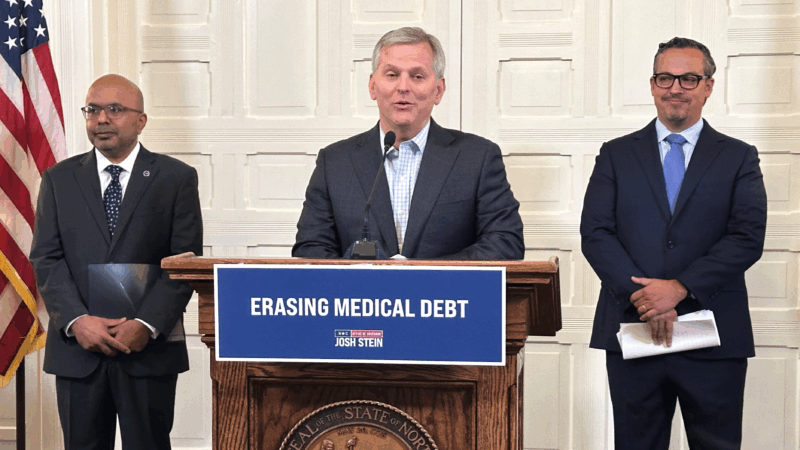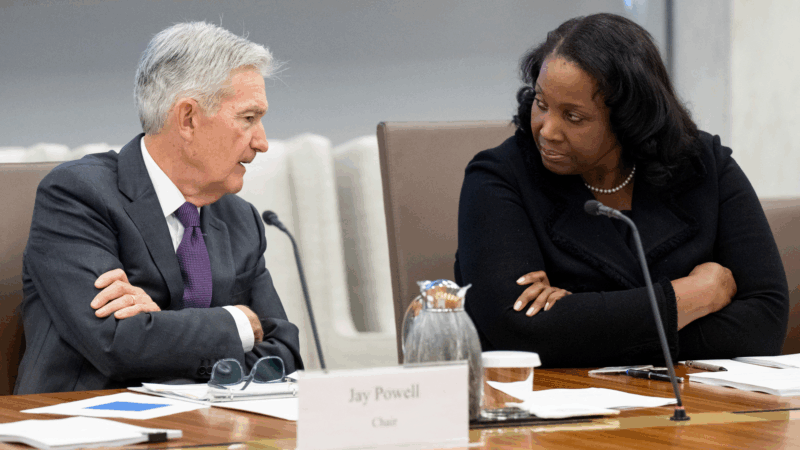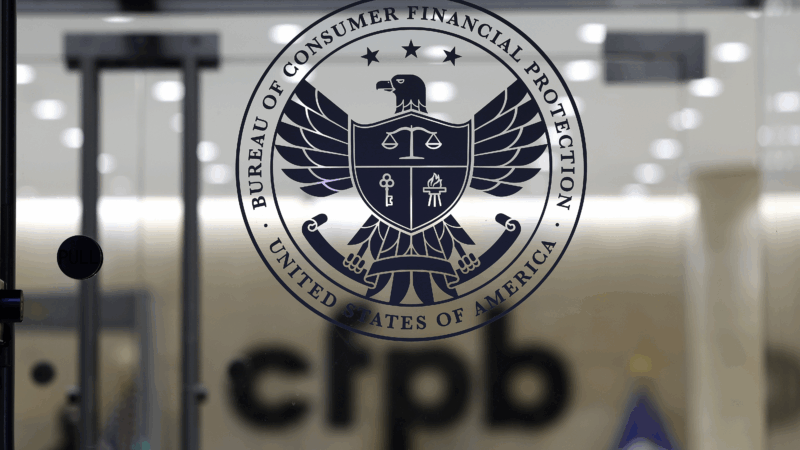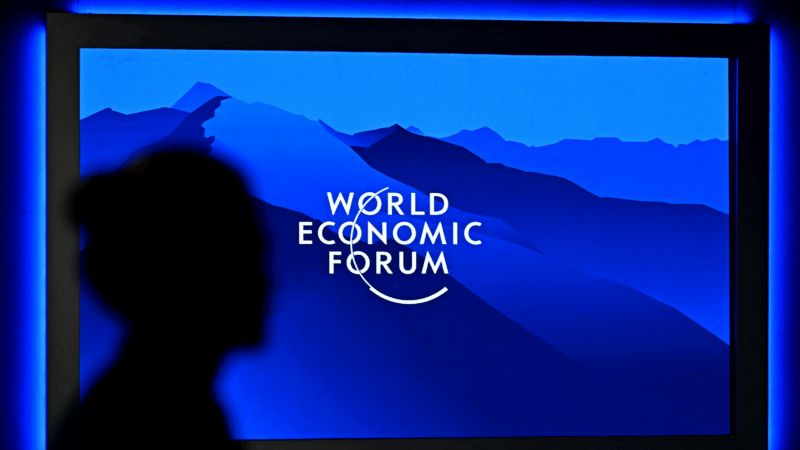Conversations with the Homeless Czar
On any given night in the United States, 750,000 people are homeless. President Bush’s 2008 budget proposal includes more than $4 billion for homeless services. Governments, non-profits and churches have all been putting record money into programs, but homelessness keeps rising. It’s a problem that vexes Philip Mangano, the executive director of the Interagency Council on Homelessness. The so-called “U-S Homeless Czar” was in Birmingham recently and talked with WBHM’s Tanya Ott.
Mangano discusses Birmingham’s efforts and what this city can learn from another city that’s decreased homelessness by 70% in an extended interview.
A movie inspired Mangano to dedicate his life to the homeless. Hear more in this excerpt from Tapestry.
Every Sunday, Tuesday and Thursday night in Birmingham churches feed the homeless in downtown. Click here to see a YouTube video.
How North Carolina erased medical debt for 2.5 million people
The state partnered with a nonprofit to wipe out the debts. It also has a plan in place to prevent medical debt for people in specific income brackets.
It’s showdown time for the Fed’s independence at the Supreme Court
At issue are President Trump's efforts to break with 112 years of law and precedent by firing Lisa Cook, a member of the Federal Reserve's governing board.
How ICE grew to be the highest-funded U.S. law enforcement agency
ICE's budget hovered around $10 billion for years. But President Trump and the Republican-controlled Congress are taking the agency's funding to unprecedented levels.
1 year into Trump’s second term, a consumer watchdog agency is ‘hanging by a thread’
The Trump administration has ordered work stoppages and layoffs and has tried cutting off funding to effectively dismantle the Consumer Financial Protection Bureau.
Trump heads to Davos after upending European relations over Greenland
The U.S. president is set to meet with an array of leaders to discuss Greenland. Trump's push to acquire Greenland has turned to antagonism toward allies in recent days.
Brooklyn Beckham accuses David and Victoria of putting branding before family and sabotaging wedding
A Beckham family falling-out has spilled further into public view in a series of social media posts from Brooklyn Beckham alleging that his parents David and Victoria Beckham have tried to sabotage his marriage and have always prioritized public branding over their family relationships.







